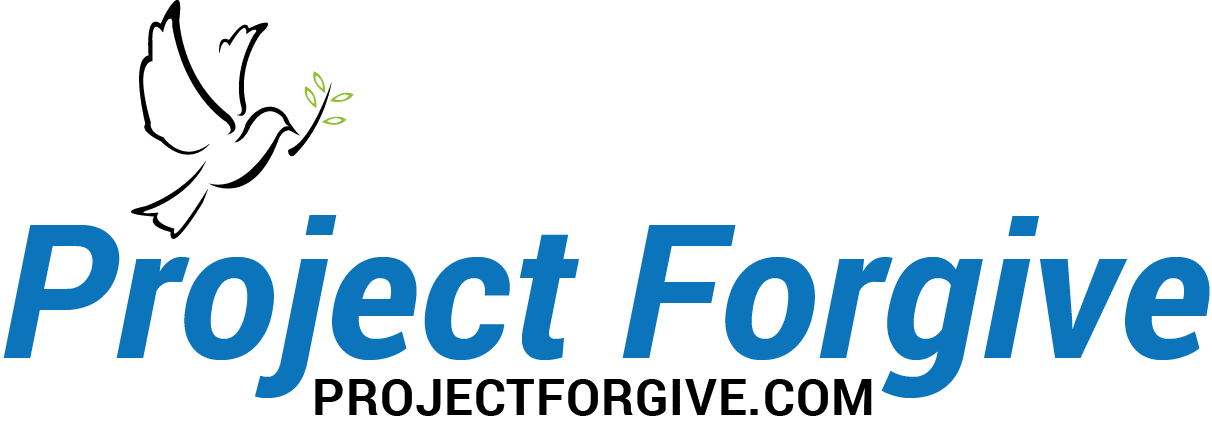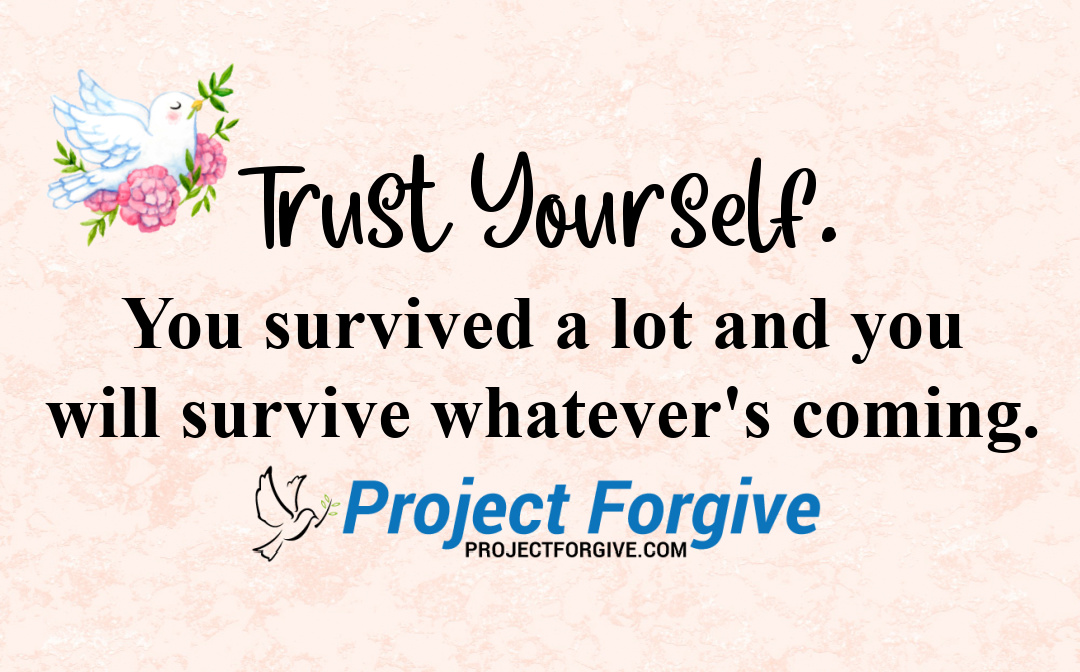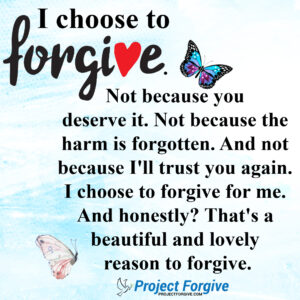Within 60 minutes of being born, we draw our heads back, to gaze into the eyes of the one gazing into ours. After a few hours, the infant will move her head toward her mother’s voice.
So what’s trust got to do with it?
The evidence is impressive: Within one hour of birth, a human infant will draw her head back to look into the eyes and face of the person gazing at her. Within a few more hours, the infant will shift her head in the direction of her mother’s voice.

And, unbelievable as it may seem, it’s only a matter of hours before the baby can actually mimic her caretaker’s expressions.
A baby’s mother, in turn, responds and mimics her child’s expression and emotions within seconds.
In short, we’re social beings from the get-go: We’re born to be engaged and to engage others, which is what trust is largely about.
But at the same time, trust is a skill. It takes time and practice to get good at trusting others as well as yourself.
And it starts with your brain. Because we’re born highly dependent on our family systems, we enter the world anthropologically wired to make social connections, creating a trustworthy environment.
Some research points to this as one of the biological reasons we’re quicker to trust others before trusting ourselves (like we did as infants).
Later in life, some of us struggle to trust ourselves which may have something to do with avoiding the risk of being responsible for our choices, actions, and reactions in life.
Trusting yourself requires risk, which inevitably, requires you:
-to take risks that might fail
-to feel rejection
-to become emotionally exposed.
That’s why it’s so important to get REALLY good at forgiving yourself.
Join us for the next “Apology You’ll Never Receive Zoom Workshop: https://projectforgive.com/the-apology/
If inspired, please share.
Related Articles:
Empathy Equals Emotional Intelligence
Apologizing is a Skill



